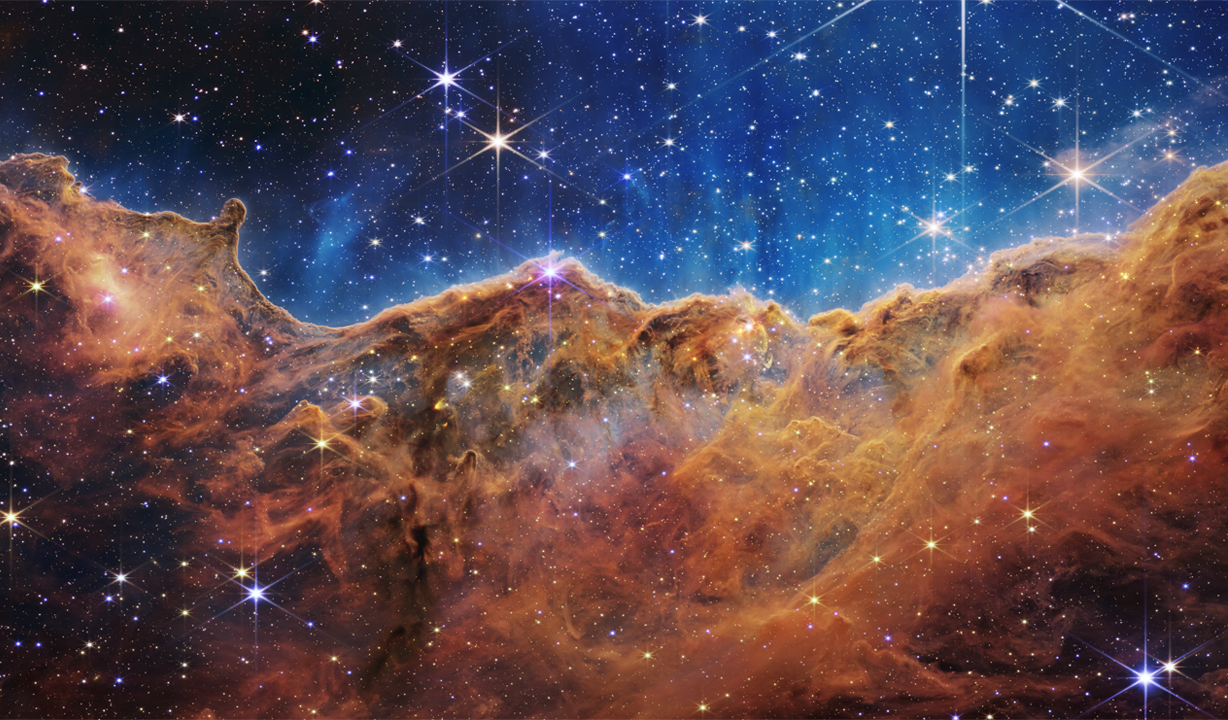To account for fine-tuning, scientists have broached their own principle of naturalism and invoked the extranatural explanation of the multiverse.
“We cannot explain all the features of our universe if there’s only one of them,” says science journalist Tom Siegfried, whose book The Number of the Heavens investigates how conceptions of the multiverse have evolved over millennia.“Why are the fundamental constants of nature what they are?” Siegfried wonders. “Why is there enough time in our universe to make stars and planets? Why do stars shine the way they do, with just the right amount of energy? All of those things are questions we don’t have answers for in our physical theories.”
“Our understanding of reality is not complete, by far,” says Stanford University physicist Andrei Linde. “Reality exists independently of us.”
If they exist, those universes are separated from ours, unreachable and undetectable by any direct measurement (at least so far). And that makes some experts question whether the search for a multiverse can ever be truly scientific.
Even though certain features of the universe seem to require the existence of a multiverse, nothing has been directly observed that suggests it actually exists. So far, the evidence supporting the idea of a multiverse is purely theoretical, and in some cases, philosophical.
Scientists argue about whether the multiverse is even an empirically testable theory; some would say no, given that by definition a multiverse is independent from our own universe and impossible to access. But perhaps we just haven’t figured out the right test.
https://www.nationalgeographic.com/scie … multiverse
The theory of the multiverse has seductively great explanatory power (while it has almost no predictive power), which is a major reason why many physicists and cosmologists find it attractive. On the other hand, other physicists dismiss it as pseudoscience because it is practically untestable.
https://plato.stanford.edu/entries/cosmology-theology/
As Richard Swinburne sees it, “To postulate a trillion trillion other universes, rather than one God in order to explain the orderliness of our universe, seems the height of irrationality”
https://plato.stanford.edu/entries/cosmology-theology/
https://debatingchristianity.com/forum/viewtopic.php?p=1094037#p1094037
